Understanding Copyright, Trademark and Halloween Costumes
Plagiarism Today
OCTOBER 26, 2021
Intellectual Property Trouble from Costumes. Homemade costumes rarely run into any issues (no matter how elaborate) as both rightsholders and the law are focused on business uses. However, commercial use of costumes still raises legal questions. They are part fashion, part artwork, part branding and part character.

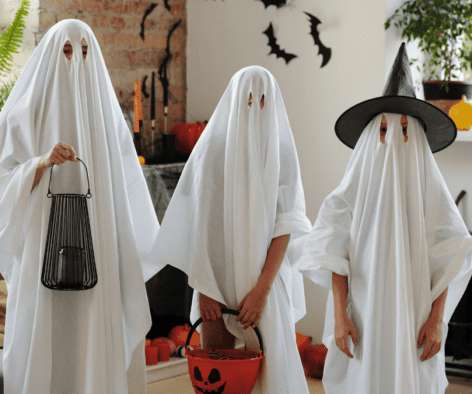
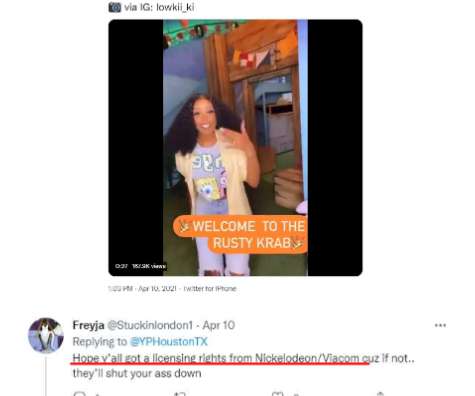
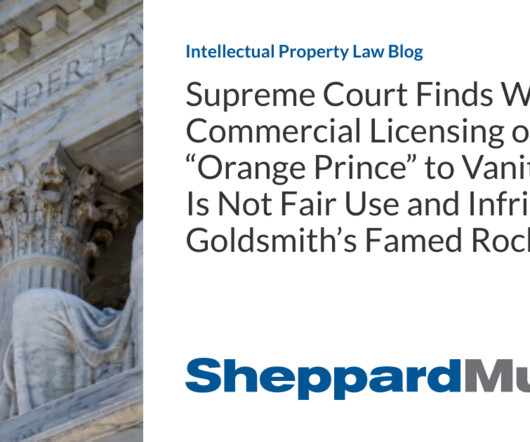


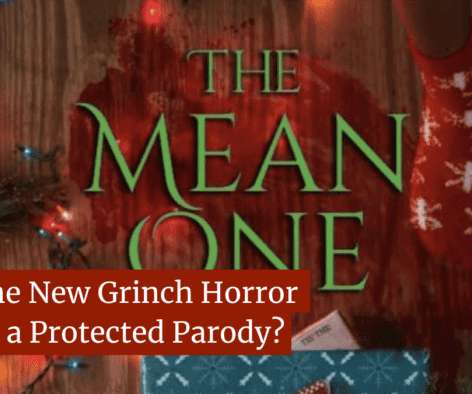
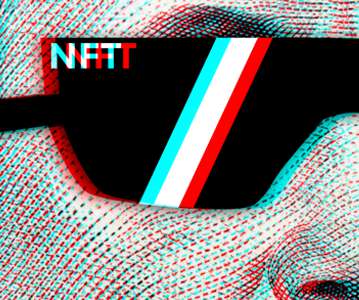






Let's personalize your content